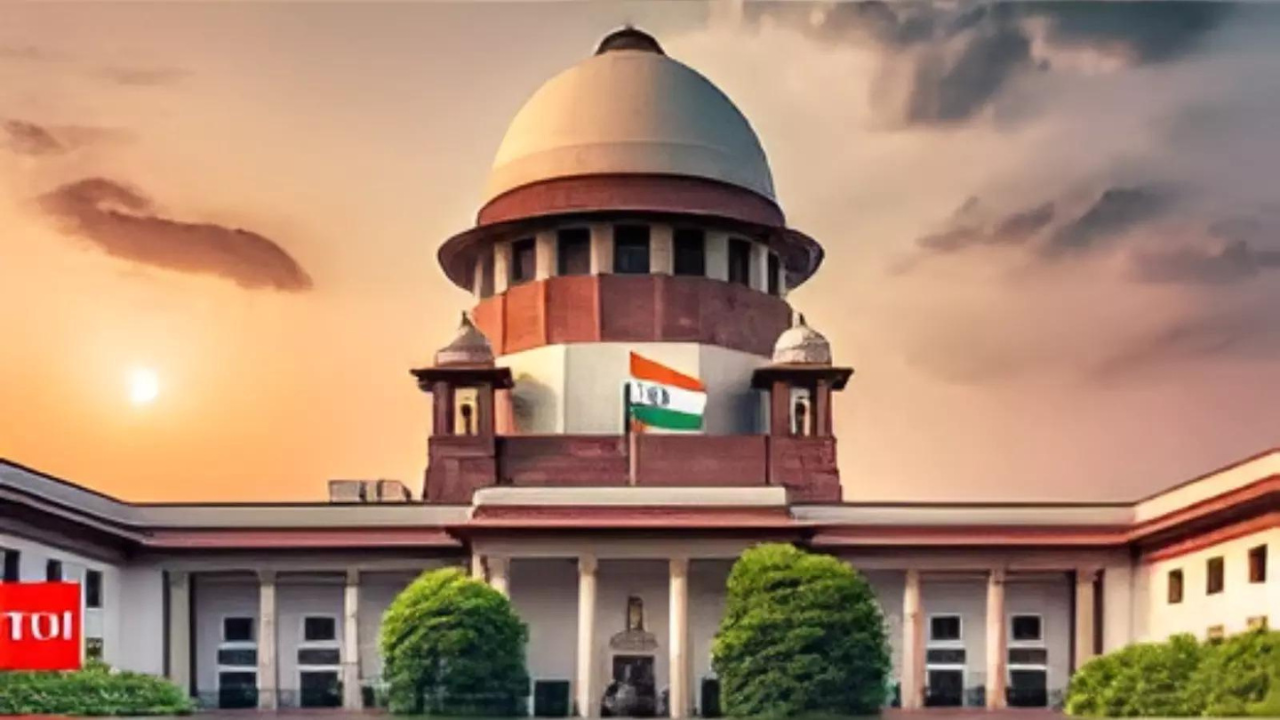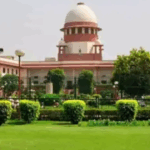NEW DELHI: Expressing serious doubts about its own 2014 verdict delivered by a five-judge constitution bench, which held that provisions of Right to Education (RTE) Act were not applicable to religious and linguistic minority educational institutions, Supreme Court has said the ruling “strikes at the heart of good quality universal elementary education, its consequences are far-reaching”, and hence it needs to be re-examined. While deciding a batch of pleas from Tamil Nadu and Maharashtra on whether passing the Teacher Eligibility Test was mandatory for appointment in minority-run schools, a two-judge bench referred the case to CJI to consider the desirability of forwarding the matter to a larger bench. It said putting minority institutions outside the Act’s ambit would weaken the idea of inclusivity. Minority schools aren’t bound by the law that sets rules for appointment of teachers and the provision of free education for poor students. RTE exemption may undermine vision of universal edu: SC The SC bench said its own 2014 judgment essentially created a dichotomy between RTE under Article 21A and the collective rights under Article 30(1), which is about the right of minority communities to establish and administer educational institutions of their choice.“We respectfully express our doubt as to whether Pramati Educational and Cultural Trust (case) (insofar as it exempts the application of the RTE Act to minority schools, whether aided or unaided, falling under clause (1) of Article 30 of the Constitution) has been correctly decided…Thus, ultimately, a reconsideration (of the judgment) seems unavoidable,” Justice Dipankar Datta, who penned the verdict for the bench, also comprising Justice Manmohan, said. The bench said, “We hasten to observe with utmost humility at our command that the decision in Pramati Educational and Cultural Trust (case) might have, unknowingly, jeopardised the very foundation of universal elementary education. Exemption of minority institutions from the RTE Act leads to fragmentation of the common schooling vision and weakening of the idea of inclusivity and universality envisioned by Article 21A.” “We are afraid, instead of uniting children across caste, class, creed, and community, it reinforces ‘divides’ and ‘dilutes’ the transformative potential of shared learning spaces. If the goal is to build an equal and cohesive society, such exemptions move us in the opposite direction,” it said. The bench framed four issues to be adjudicated by a larger bench and it included whether the 2014 verdict, exempting minority educational institutions from the purview of the RTE Act, requires reconsideration. The bench noted that exemption of minority schools from the Act was being misused.
Why are minority institutions left out of RTE, asks SC













